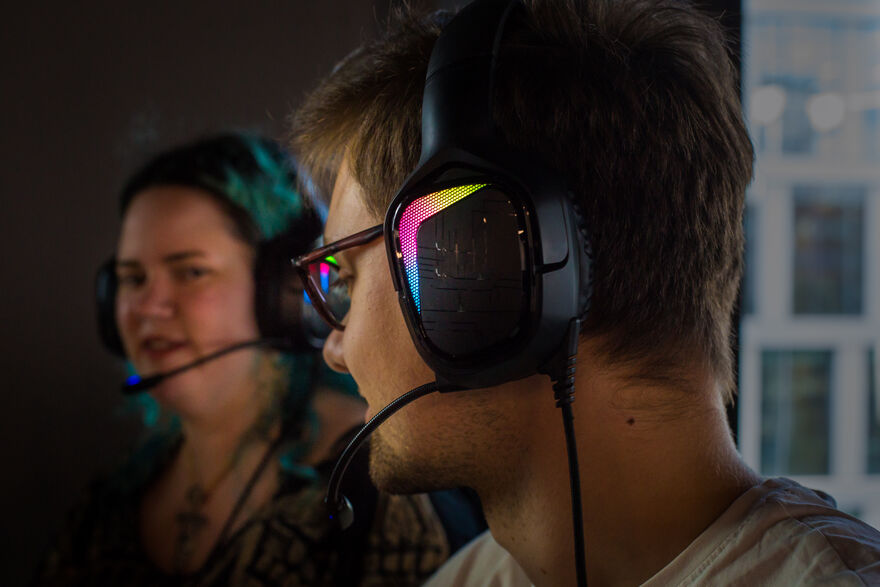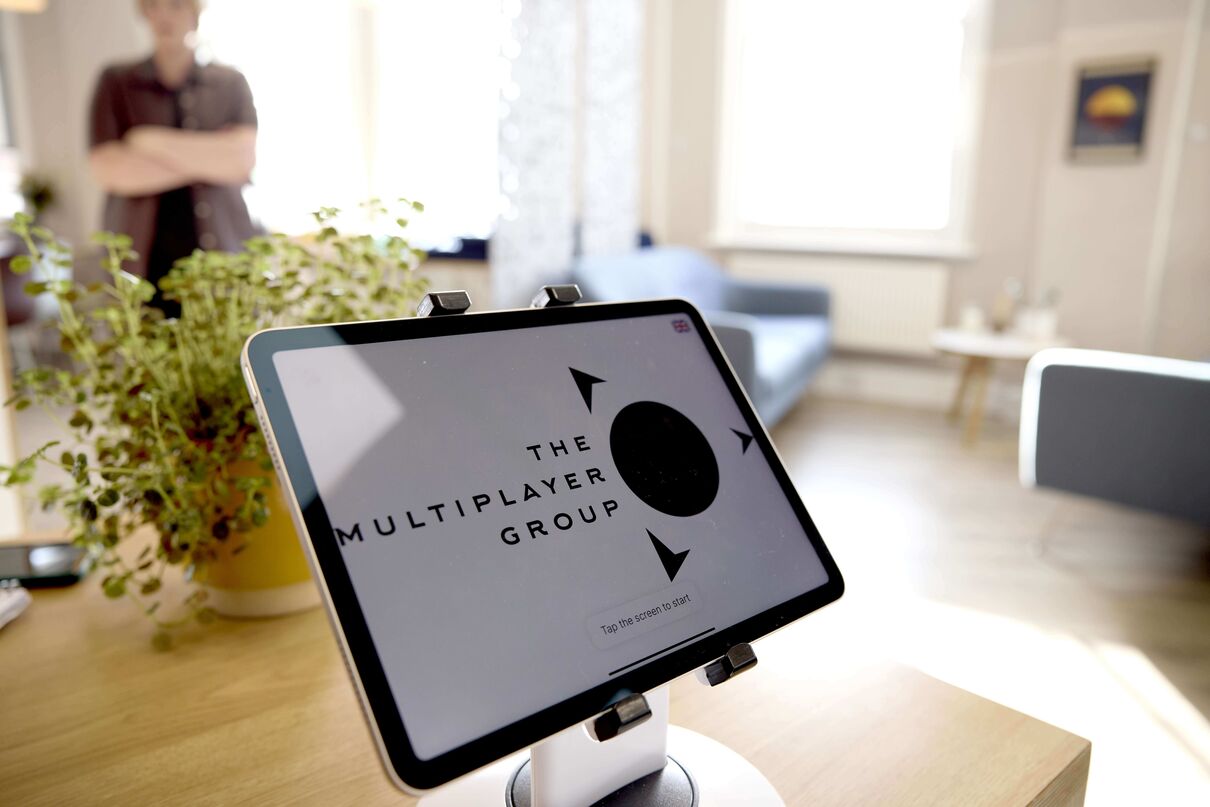Tips on a Career in Localization QA
With games catering to an expanding international audience, LQA testers play a crucial role in creating immersive experiences across multiple languages.

In this article, Dorota Kowalska, QA Recruiter from Keywords Studios in Katowice, shares some top tips on starting a career in LQA testing.
1. Know Your Strengths
Localization QA involves ensuring that the game’s text and language content are not only accurately translated but also culturally appropriate for local users. As you can imagine, the most crucial quality of an LQA Tester is fluency, or even proficiency beyond that level, in a certain language.
It’s not just about knowing or speaking the language, it’s about understanding its cultural nuances, linguistical rules and exceptions. Poorly translated texts can lead to confusion and ultimately poor player experience. Therefore, a thorough understanding of your language is a must.
2. The More the Better
“One who speaks only one language is one person, but one who speaks two languages is two people” – says a Turkish proverb, and we couldn’t agree more.
Generally, if you are fluent in more than one language, you’re well on the way to being a successful candidate. English is a must, as it is used in daily communications, but if you can provide expertise in more than two languages, it is a huge advantage.
3. Lost in Translation (And Variation!)
There are about 7,000 different languages in the world, and many of these languages have regional variants - think Brazilian and European Portuguese or French and French-Canadian. An understanding of these intricacies will set you apart from other candidates, so let us know during the interview process!
4. Never Stop Learning
The mechanics of a language are constantly evolving. Remember to always stay up to date with linguistic evolutions in your chosen language. Having a strong grasp of these changes, both current and historic, is an important point to note in an interview, as is your motivation to continue learning.
5. Education and Experience
While a degree is not a must, it is obviously a huge advantage. Education in fields such as linguistics, translation or philology helps prepare you to work at a very high level with a language.
Previous experience isn’t necessarily essential. If you’ve never worked in video game localization but have experience in proofreading or translating, even in informal settings, we would love to hear from you!
Conclusion
Are you a language expert with a passion for games? If yes, then a career as a Localization Quality Assurance (LQA) tester might just be the perfect fit for you. In a world where language, culture and video games are very much intertwined, your expertise could make all the difference in connecting players across diverse languages and cultures, one pixelated adventure at a time.









